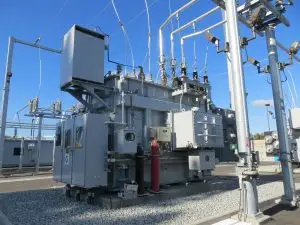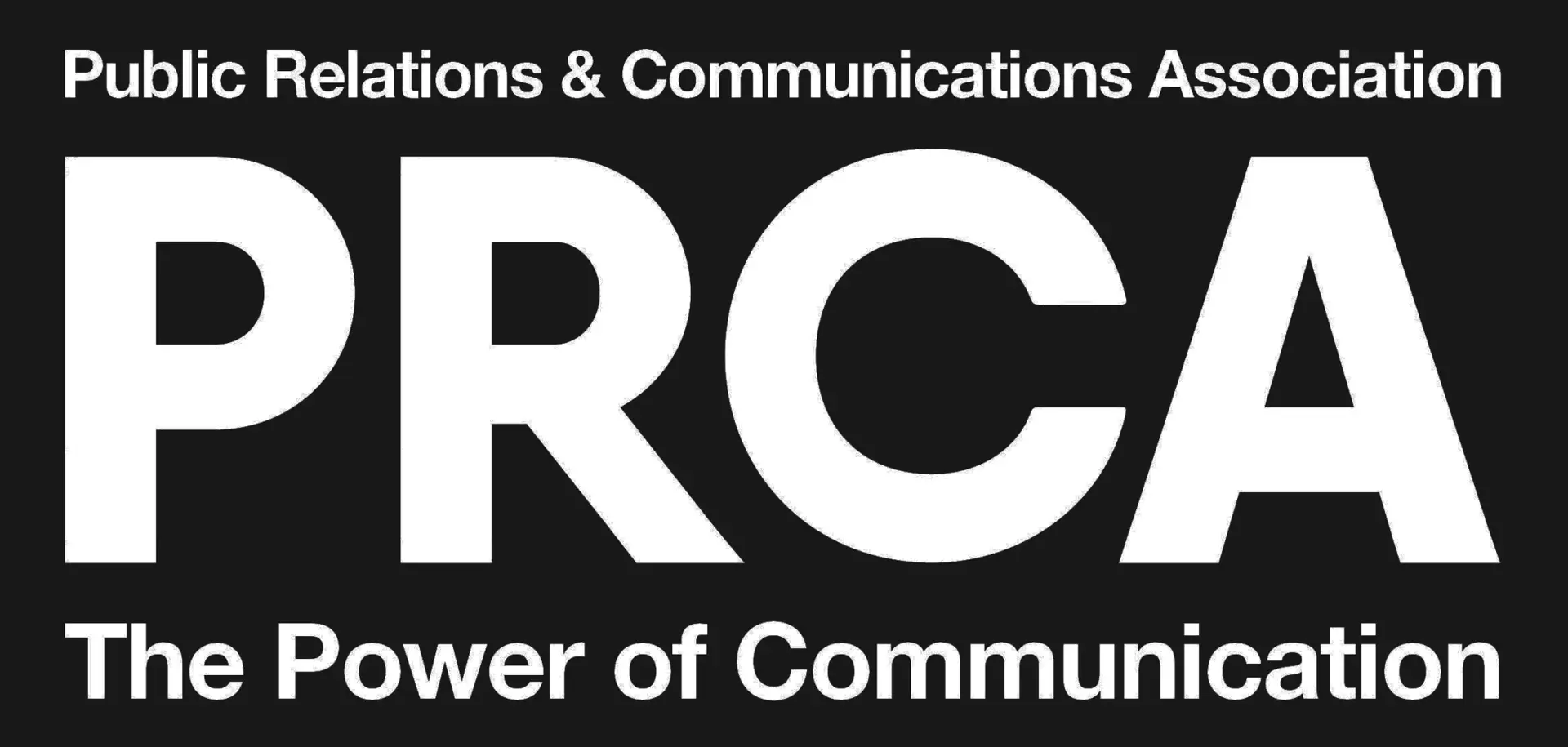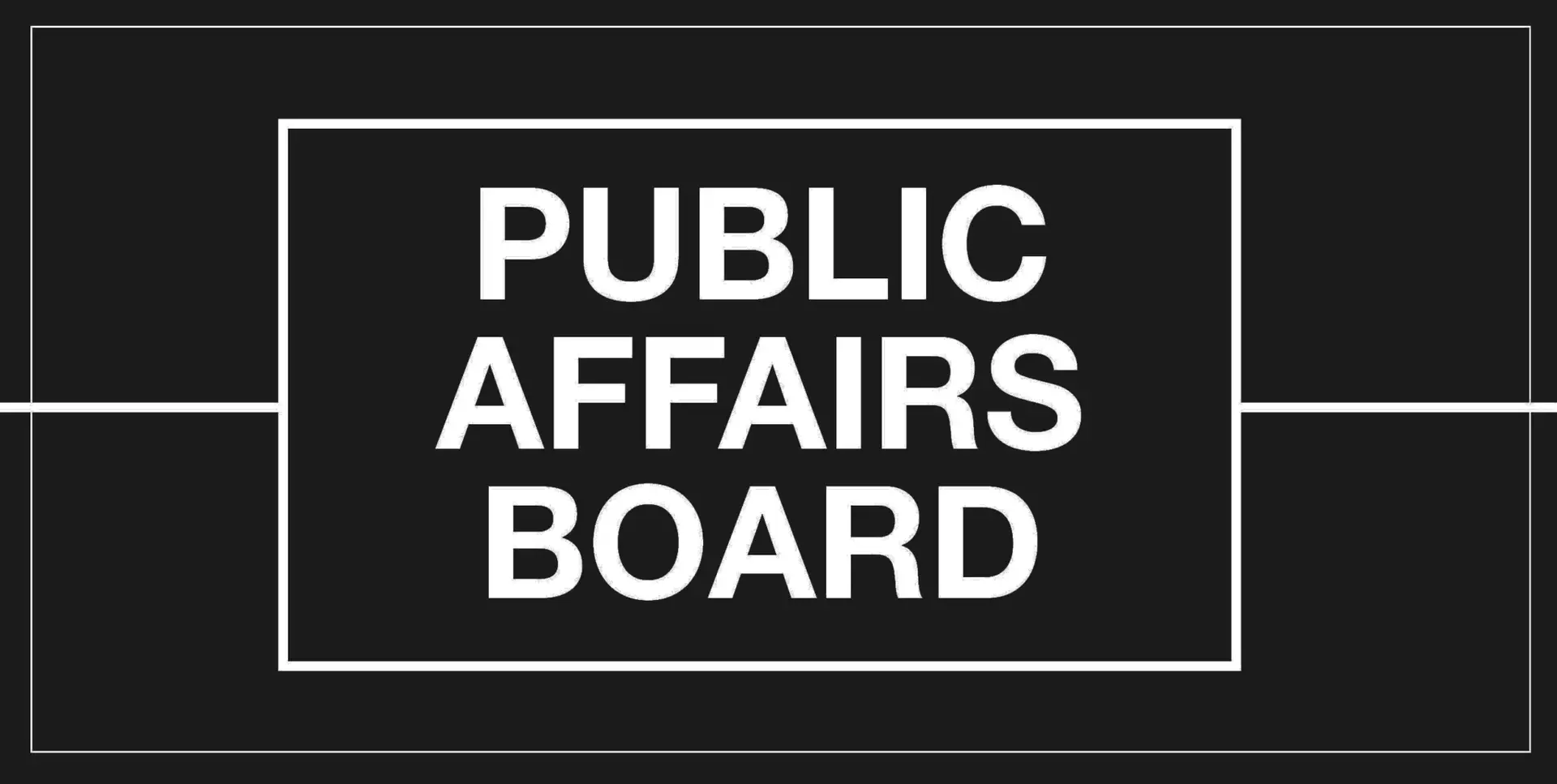On 28 March, Digital and Culture Secretary Matt Hancock MP, and Business Secretary Greg Clark MP announced the details of a brand new Creative Industries Sector Deal, agreed with the Creative Industries Council. The Sector Deal, featuring joint investment from government and industry, includes the following commitments:
- £72 million from the Industrial Strategy Challenge Fund with £39 million for the Arts and Humanities Research Council to support 8 creative research and development partnerships across Britain and £33 million to invest in immersive technology roducts, services and experiences. This will support new uses of virtual reality in areas like video games, interactive art shows and augmented reality experiences in tourism that will capture the world’s attention and double Britain’s share of the global creative immersive content market by 2025.
- £2 million to extend the ‘Get it Right’ campaign to tackle online piracy and educate consumers on the value of copyright and direct them to legitimate websites.
- A new free school based in Islington with places for 1,000 students (16+) from across the capital. The London Screen Academy’s curriculum will include UAL Creative Diploma and A-levels and is set to open in Sept 2019.
- Improved access to finance from the British Business Bank for high-growth creative businesses outside of London, with up to £4 million to be invested in a new programme of investment readiness support for creative businesses.
- A new creative industries Trade and Investment Board, comprising industry and government, to replace the current Sector Advisory Group with the ambition of increasing creative industry exports by 50% by 2023 and boosting the number of creative businesses exporting.
The Government hopes that this deal will ensure that the UK’s creative industries continues to unlock growth across the country. But what is a Sector Deal?
What is a sector deal?
The Government published its industrial strategy white paper, ‘Building a Britain fit for the future’, on 27 November 2017. This set out its intention to agree Sector Deals, or unique strategic partnerships with key sectors, to help the latter overcome specific challenges. Other industries detailed in the white paper include: life sciences, construction, artificial intelligence, and automotive. Ultimately, the Government hopes the partnership will boost productivity, employment, innovation and skills.
The Government has made clear it is willing to consider Sector Deals outside of these industries. Ultimately, an industry needs to demonstrate a clear challenge that is holding it back, that it is united in its approach to what needs to be done, and show it is willing to match the Government’s funding commitment.
For more details on how Brevia Consulting can support your industry in developing its strategic relationship with government, please contact us here.







